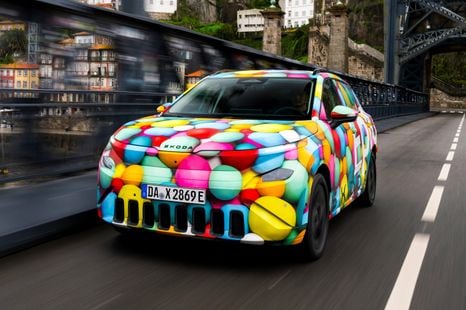

Dave Humphreys
2027 Skoda Epiq review: Quick drive
3 Hours Ago
Rolls-Royce is getting ready to share some more details about its first electric production vehicle.

News Editor
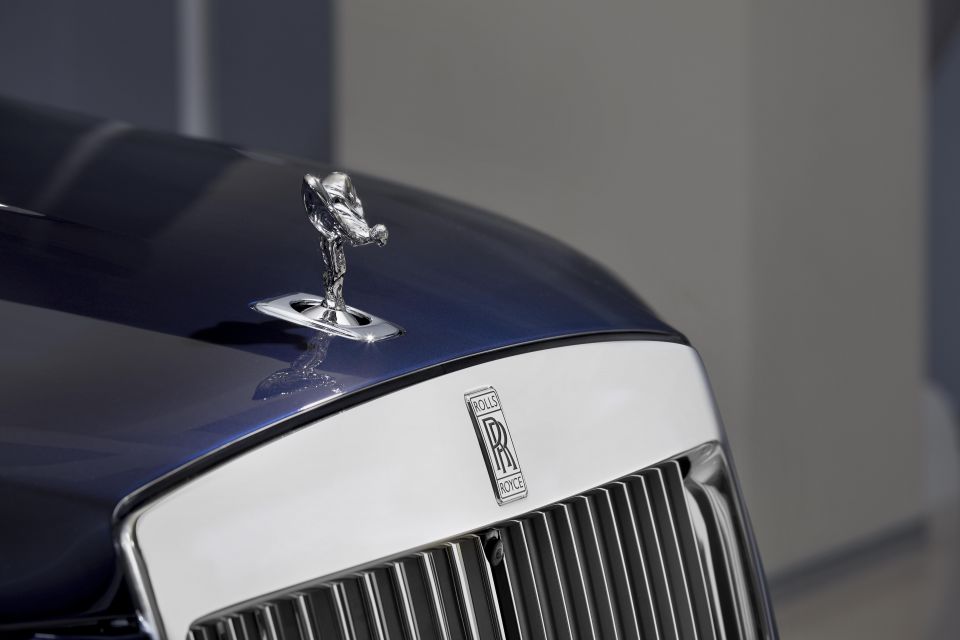

News Editor
Rolls-Royce is about to shed some light on its upcoming electric vehicle plans.
The company will make an announcement about its electric future on September 29 at 10pm AEST.
It should give us an idea of when we can expect Rolls-Royce’s first electric vehicle.
The company’s CEO, Torsten Müller-Ötvös, has already confirmed an electric Rolls-Royce will come sometime before 2030.

“Right now, our company is embarking on an historic undertaking to create the first, super luxury car of its type,” said Mr Müller-Ötvös.
“This will happen, sooner than many thought possible, through the incredible skills, expertise, vision and dedication of our engineers, designers and specialists at the Home of Rolls-Royce.”
The German-owned British luxury brand has also confirmed it’s skipping hybrids entirely.
That’s in contrast with Bentley which will debut its first EV in 2025 and go entirely electric by 2030, but which in the meantime is rolling out plug-in hybrid versions of its existing range.
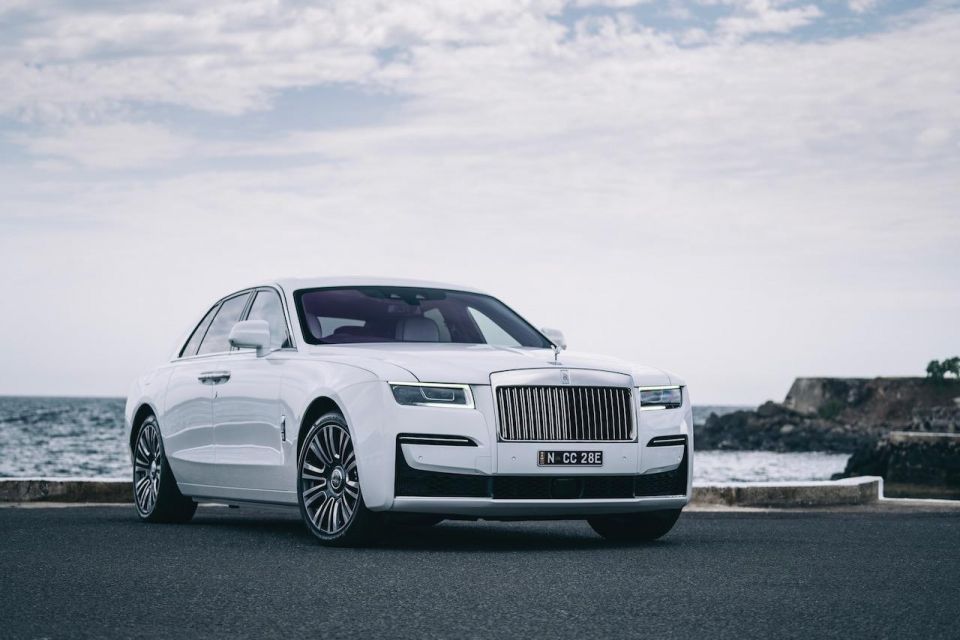
The company’s first electric car will be based on the aluminium spaceframe architecture that underpins the Phantom limousine, Cullinan crossover, and the just unveiled Ghost sedan.
Co-founder of the original Rolls-Royce Limited company, Charles Rolls, had espoused the virtues of electric vehicles back at the dawn of the 20th century.
“The electric car is perfectly noiseless and clean. There is no smell or vibration, and they should become very useful when fixed charging stations can be arranged,” said Mr Rolls in an interview with The Motor-Car Journal in April 1900.
“But for now, I do not anticipate that they will be very serviceable – at least for many years to come.”
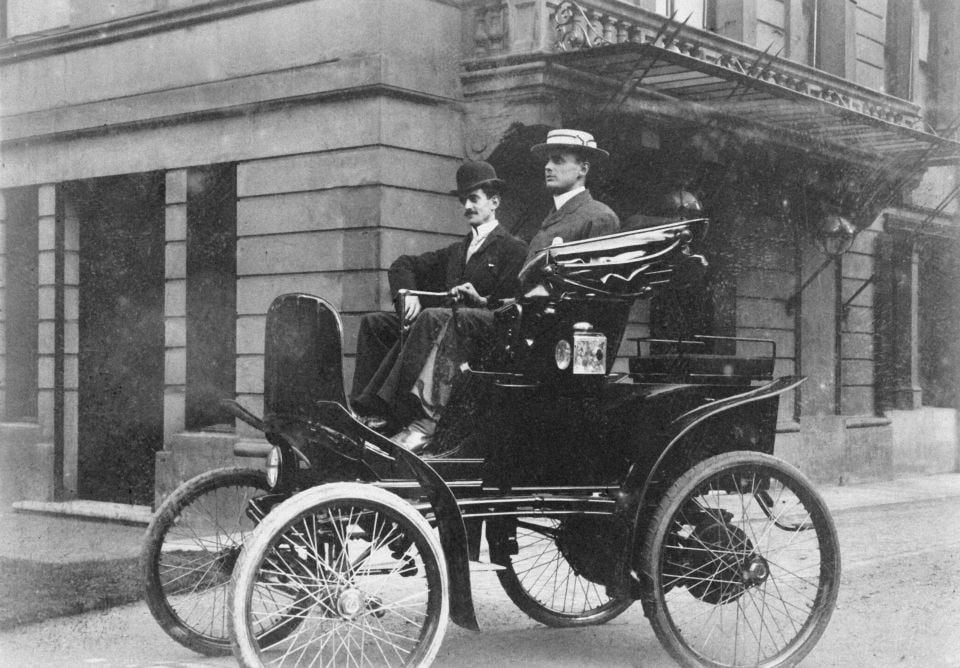
Mr Rolls at the time installed a battery-charging station at his car showroom for the private and rental electric Broughams popular during the era.
In the early days of the car, internal combustion engine-powered vehicles competed against steam-powered and electric vehicles, though ultimately the broader industry coalesced around the ICE.
Rolls-Royce didn’t develop electric vehicles back then, and it took until 2011 for the company – by now owned by BMW – to explore the possibility.
The Phantom Experimental Electric (aka 102EX) was a fully operational, road-legal prototype of an electric Phantom, though it wasn’t intended for production.
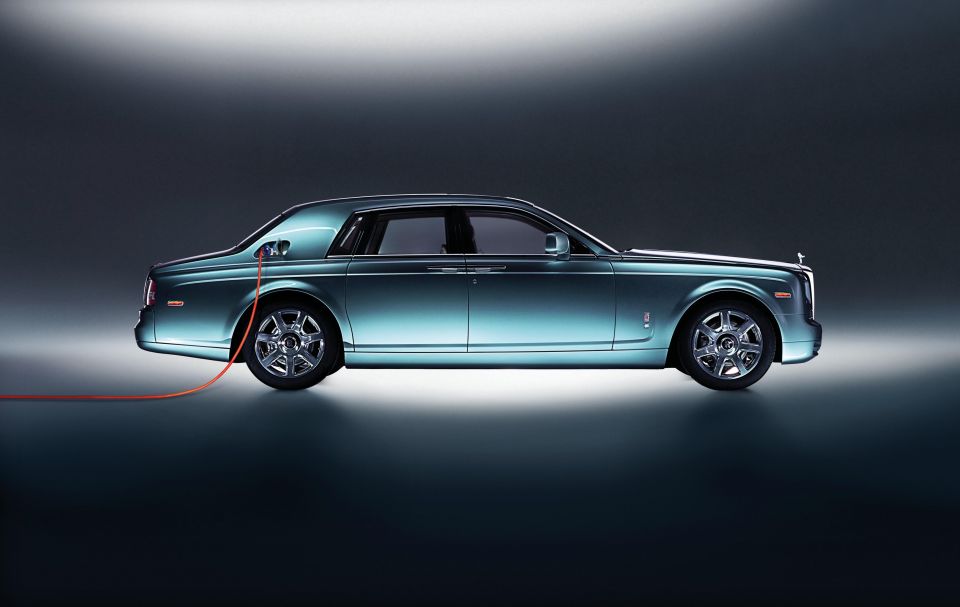
Based on the contemporary Phantom, the 102EX had a pair of electric motors on the rear axle making a total of 290kW and 800Nm.
Its 0-60mph (0-97km/h) time was said to be under eight seconds, considerably slower than the V12 Phantom’s 5.7s sprint.
Its biggest downside — and reportedly the reason development was stopped — was its range, at just 200km.
Rolls-Royce then debuted the Vision Next 100 (aka 103EX) concept car in 2016, again an experimental car powered by an electric drivetrain albeit with a unique platform and autonomous driving technology.
Go deeper on the cars in our Showroom, compare your options, or see what a great deal looks like with help from our New Car Specialists.
William Stopford is an automotive journalist with a passion for mainstream cars, automotive history and overseas auto markets.


Dave Humphreys
3 Hours Ago

Damion Smy
4 Hours Ago
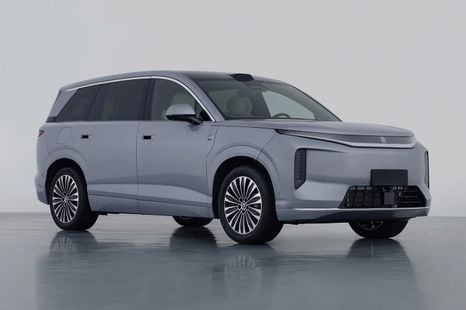

William Stopford
4 Hours Ago


CarExpert
6 Hours Ago
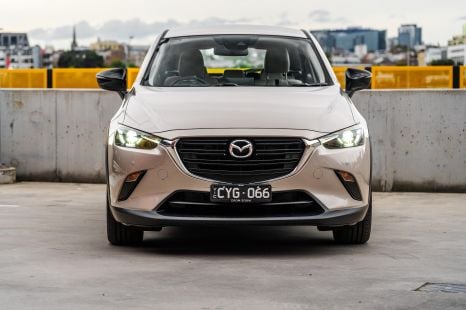

William Stopford
6 Hours Ago
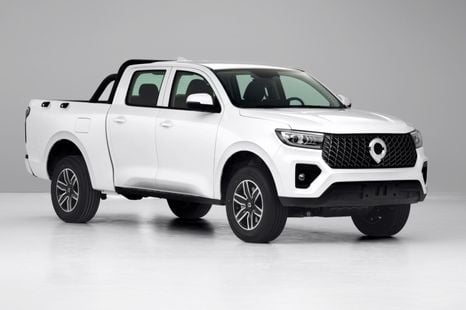

Damion Smy
7 Hours Ago
Add CarExpert as a Preferred Source on Google so your search results prioritise writing by actual experts, not AI.